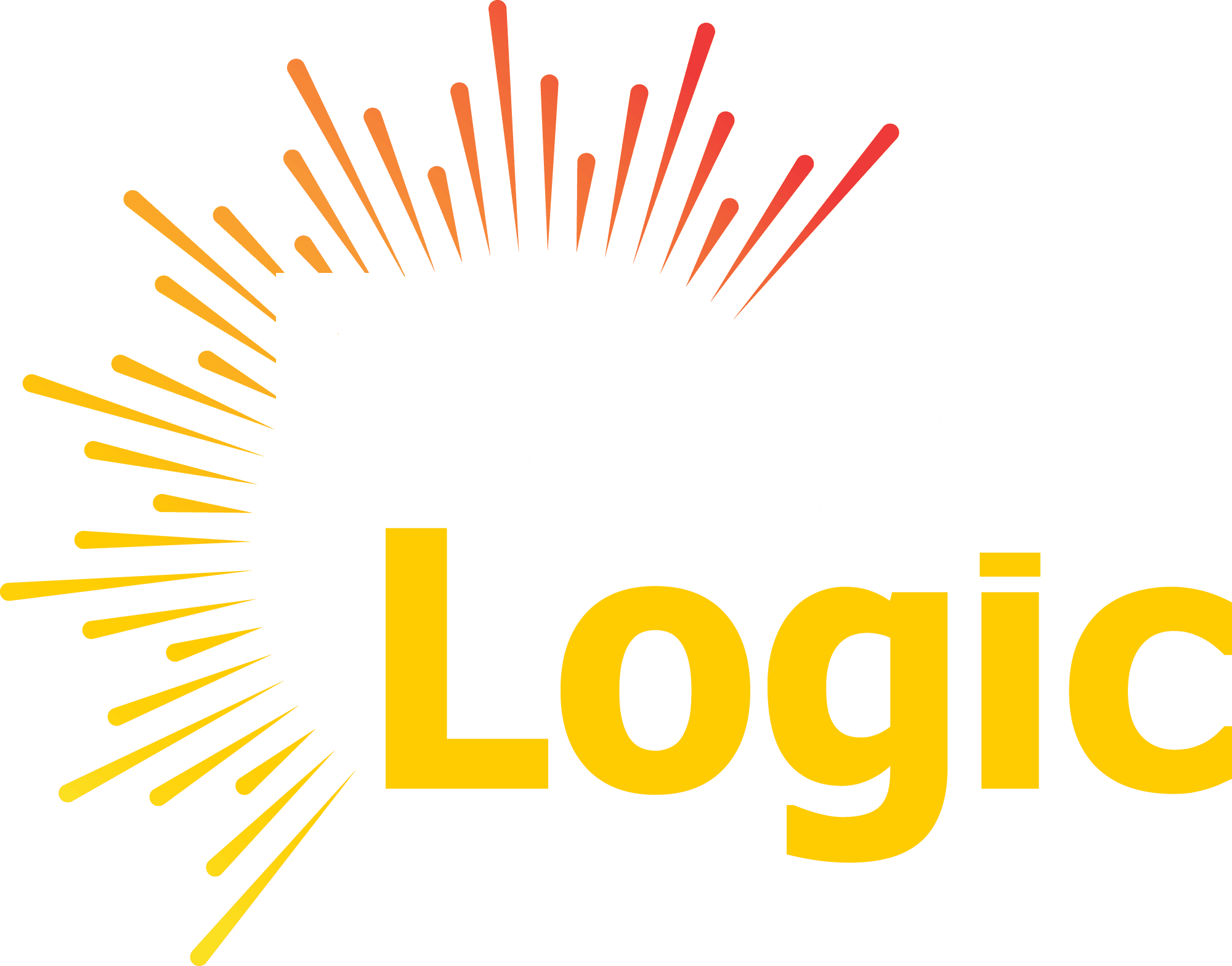In the age of information overload, finding what we need amidst the digital haystack can feel like an insurmountable task. Traditional search engines have long relied on keywords and Boolean logic to parse through vast amounts of data, often leaving users frustrated by the lack of precision in their results. However, the landscape of search is evolving, and the concept of Natural Language Search (NLS) is at the forefront of this evolution. In this comprehensive guide, we’ll explore what NLS is, how it works, its applications, and some notable examples reshaping the way we interact with information.

Table of Content
- Understanding Natural Language Search
- Natural Language Search Vs. Keyword Search
- History of Natural Language Search
- How Natural Language Search Works
- Applications of Natural Language Search
- Natural Language Search Engine Examples
- Four Tips for Designing a Natural Language Search-Friendly Site
- Is Your Site’s Natural Language Search Ready?
Understanding Natural Language Search
Natural language search enables users to input queries in everyday language, resembling how they would ask questions or phrase sentences, rather than relying on a predefined set of keywords or syntax. This approach aims to bridge the gap between how humans naturally communicate and how computers traditionally process search queries.
Unlike traditional keyword-based search engines, natural language search systems utilize advanced algorithms, including natural language processing (NLP) and machine learning, to understand the context, intent, and semantics behind the user’s query. By analyzing both the structure and meaning embedded within the query, these systems are capable of delivering results that are not only more relevant but also more accurate.
One of the key benefits of natural language search is its ability to accommodate a wide range of query formats and understand variations in language, including synonyms, colloquialisms, and grammatical nuances. This flexibility allows users to articulate their information requirements in a manner that feels more natural and intuitive, eliminating the need to conform to a rigid search syntax.
Natural language search is particularly valuable in contexts where users may not be familiar with specialized terminology or where the information sought is complex and multifaceted. Enhances the user experience by reducing the cognitive load associated with formulating precise search queries and by providing more personalized and contextually relevant results.
In recent times, progress in artificial intelligence and natural language processing (NLP) technologies has significantly enhanced the precision and efficiency of natural language searching systems. These systems continue to evolve, offering users increasingly intuitive and efficient ways to access information across various domains, from web search and e-commerce to enterprise knowledge management and virtual assistants.
Natural Language Search Vs. Keyword Search
Natural language search and keyword search represent distinct approaches to retrieving information from databases or search engines. In keyword search, users input specific words or phrases directly related to the information they seek. It relies on exact matches between the keywords entered and the content indexed by the search system. This method can sometimes lead to irrelevant results if the keywords are too broad or ambiguous.
On the other hand, natural language search enables users to enter queries conversationally, employing everyday language. This method capitalizes on artificial intelligence and natural language processing to grasp the underlying intent of the query and fetch pertinent results, irrespective of whether the exact keywords are present in the content. Natural language search offers more flexibility and accuracy, as it can interpret the context and semantics of the query, leading to more precise results tailored to the user’s needs. Overall, while keyword search is straightforward, natural language search provides a more intuitive and efficient way to find information.
History of Natural Language Search
Natural language search is not a novel concept, having roots dating back several decades, notably with initial efforts emerging in the 1960s. Yet, the evolution of artificial intelligence and machine learning has significantly enhanced natural language processing capabilities. Companies like Google, Apple, and Amazon have integrated natural language search into their products, making it more accessible and intuitive for users.
How Natural Language Search Works
Sophisticated algorithms and machine learning techniques power natural language search engines, enabling them to comprehend and interpret human language effectively. These algorithms meticulously examine the structure, syntax, and semantics of each query, extracting meaningful context. Moreover, they evolve through user interactions and feedback, constantly refining their understanding and accuracy.
At the heart of Natural Language Search engines lie sophisticated algorithms powered by NLP search engine technology. Upon receiving a query, the search engine undergoes a thorough analysis of the natural language input to discern the user’s intent, context, and semantic search. This analysis unfolds through several crucial stages.
Tokenization: Tokenization disassembles the query into smaller units, termed tokens, which can encompass words or phrases.
Parsing: The search engine analyzes the grammatical structure of the query to identify relationships between words and phrases.
Semantic Analysis: By understanding the meaning of words and their context within the query, the search engine determines the user’s intent.
Query Reformulation: In some cases, the search engine may refine or reformulate the query to improve accuracy and relevance.
Retrieval and Ranking: In the final step, the search engine retrieves and organizes results according to their relevance to the user’s query.
Applications of Natural Language Search
The applications of Natural Language Search span across various domains, revolutionizing how we interact with technology and access information:
Information Retrieval: NLS enables users to find information more quickly and accurately by allowing them to express their queries in natural language.
Virtual Assistants: Virtual assistants such as Siri, Google Assistant, and Amazon Alexa utilize Natural Language Understanding (NLU) technology to interpret and address user commands and inquiries in a conversational manner.
Customer Support: NLS facilitates more efficient and personalized customer support experiences by enabling chatbots and virtual agents to understand and respond to customer inquiries naturally.
Enterprise Search: Within organizations, NLS simplifies the process of accessing internal documents, databases, and knowledge repositories, leading to improved productivity and decision-making.
E-commerce: Natural Language Search enhances the shopping experience by enabling users to find products using natural language queries, ultimately driving sales and customer satisfaction.
Natural Language Search Engine Examples
Several Natural Language Search engines have emerged, each with its own unique approach and applications. Let’s explore some notable Natural Language Search engine examples.
Google Search: Google has integrated NLS capabilities into its search engine, allowing users to input queries in natural language and receive relevant results based on context and search intent.
IBM Watson: IBM Watson offers NLS capabilities through its cognitive computing platform, enabling businesses to build custom natural language processing and search applications.
Wolfram Alpha: Wolfram Alpha is a computational search engine that utilizes NLS to provide answers to factual queries by computing and analyzing data from various sources.
DuckDuckGo: DuckDuckGo, known for its emphasis on user privacy, incorporates NLS features into its search engine to deliver relevant results without tracking or personalization.
OpenAI’s GPT-3: OpenAI’s Generative Pre-trained Transformer 3 (GPT-3) model demonstrates advanced NLS capabilities by generating human-like responses to natural language prompts, showcasing the potential of AI-driven language understanding.
Four Tips for Designing a Natural Language Search-Friendly Site
Reduce hay stacking with voice search
The prevalence of voice search is on the rise, as an increasing number of individuals turn to voice-enabled assistants such as Siri and Alexa for their search needs. By optimizing your site for voice search and natural language queries, you can cater to this growing audience and improve the user experience.
Research and understand how users search conversationally
Conducting research on how your target audience phrases their queries can provide valuable insights into their search behavior. Understanding the language and preferences of your Audience enables you to customize your content to better align with their requirements, enhancing visibility in natural language search results.
Search for natural search queries to assess the site’s content’s ranking.
Regularly testing your site’s content with natural language queries can help you identify areas for improvement and optimization. Pay attention to how your content ranks for different queries and adjust your strategy accordingly to enhance visibility and relevance.
Respond to customer needs by using everyday language in the site’s content
When crafting content for your website, employ familiar language that connects with your audience. Concentrate on tackling their concerns, challenges, and inquiries clearly and succinctly. Offering valuable and pertinent information enables you to draw in greater organic traffic and enhance engagement.
Is Your Site’s Natural Language Search Ready?
Yes, natural language search is the way forward in today’s digital landscape. With more users expecting intuitive and personalized search experiences, optimizing your site for natural language queries is essential for staying competitive and meeting user expectations. Embrace the power of natural language search and unlock new opportunities for your business.
Have More Queries related to Site search. Get in touch with our support team to inquire about scheduling a demo and receive clarity on any questions you may have. The PartsLogic Expert Support Team is eager to aid you. For further insights on site search, explore our blog section where you’ll find answers to all your queries.





